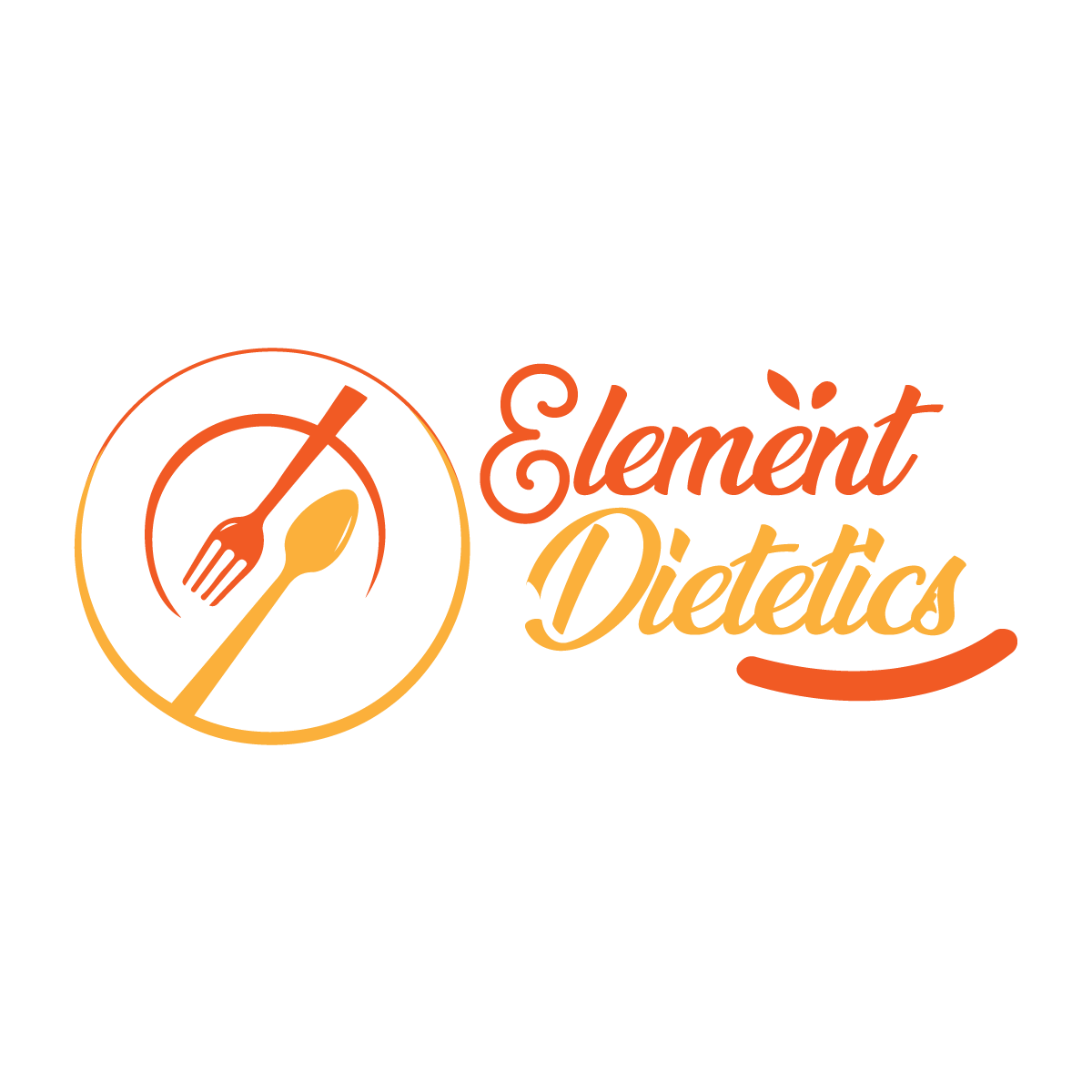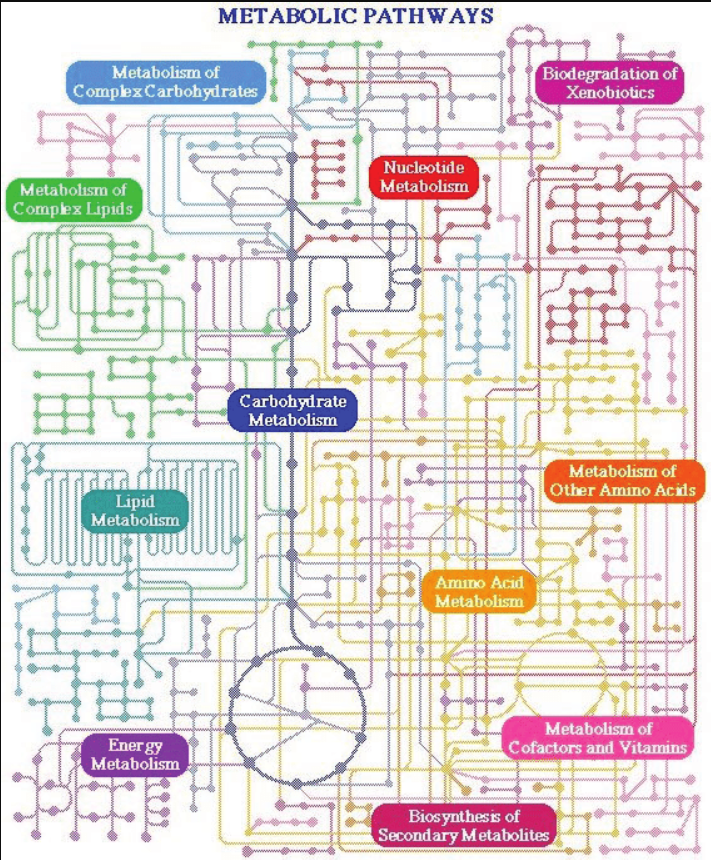What is ‘Metabolism‘?
You've probably heard the term "metabolism" thrown around in discussions about weight loss and fitness. I bet you’ve heard people say ‘my metabolism is broken‘ or ‘I need to restart/kickstart my metabolism‘.
BUT do you ever wonder - What is Metabolism?
What does all this actually mean? Does it even make sense?
Metabolism by dictionary definition is: The sum of the physical and chemical processes in an organism by which its material substance is produced, maintained, and destroyed, and by which energy is made available.1,2
So in summary, metabolism refers to the complex set of chemical processes that occur within your body to convert the food and drinks you consume into energy. Essentially, it's how your body burns calories. This energy powers everything you do, from breathing and circulating blood to exercising and thinking. It is a fundamental process that keeps us alive, and understanding it can help us make informed choices about our health.
Metabolism consists of two main processes:
Catabolism: The breakdown of molecules to release energy.
Anabolism: The building of molecules, which requires energy.
Image. 5
Just to be clear, this is an image of our Metabolic pathways, each dot representing a reaction. So its not quite as simple as catabolism and anabolism alone.
You may (or may not) be familiar with the kerb cicle, which can be seen on this image (the circle). This is how our body produces energy in the form of ATP.
Key Components of Metabolism:
Basal Metabolic Rate (BMR):
This is the number of calories your body burns at rest to maintain basic functions like breathing, circulation, and cell production.
BMR accounts for the majority of your daily calorie expenditure. This is highly variable from one person to another.3
Factors Affecting Metabolism:
Age: Metabolism tends to slow down with age.
Gender: Men generally have a higher BMR than women due to greater muscle mass.
Muscle Mass: Muscle tissue burns more calories at rest than fat tissue.
Genetics: Some people naturally have a faster or slower metabolism.
Hormones: Hormonal imbalances can affect metabolism.
Diet: Extremely low-calorie diets can slow down metabolism.
Activity Level: Regular physical activity can boost metabolism.3,4
Thermic Effect of Food (TEF):
This is the energy your body uses to digest, absorb, and metabolize the food you eat.
Protein has a higher TEF than carbohydrates or fats.
Physical Activity Levels (PAL):
This is the number of calories you burn during intentional physical activity, including exercise and daily movements.
AEE varies greatly depending on your activity level.
Non-Exercise Activity Thermogenesis (NEAT):
This is the energy expended for everything we do that is not sleeping, eating or sports-like exercise.
This includes fidgeting, standing, walking, and other daily tasks but not intentional physical activity.
While some factors are beyond your control, you can take steps to support a healthy metabolism:
Build Muscle Mass: Engage in strength training exercises.
Stay Active: Incorporate regular physical activity into your routine.
Eat Enough Protein: Protein can increase the thermic effect of food.
Stay Hydrated: Drink plenty of water.
Get Enough Sleep: Adequate sleep is essential for hormonal balance.
Avoid Crash Diets: Opt for a balanced, sustainable eating plan.
Conclusion:
Metabolism is a complex and fascinating process that plays a vital role in our overall health. Bear in mind, it is way more complicated than what is written here, but I am trying to make supersimplify it so it is easy to understand the basics.
By understanding what it is and how it works, you can start making meaningful lifestyle choices, and support your metabolism meanwhile achieving your goals (and hopefully avoid purchasing scam products that just want to take your money for the sake of ‘boosting your metabolism‘).
I hope this made sense and you finaly feel like you understand what metabolism means/is.
Have questions about your metabolism or need help with your eating? Reach out to us in the Contact us page and don’t forget to follow us on our social media Element Dietetics.
References are available below.
Yours trully,
Lejla
References:
Sánchez López de Nava A, Raja A. Physiology, Metabolism [Internet]. PubMed. Treasure Island (FL): StatPearls Publishing; 2022. Available from: https://www.ncbi.nlm.nih.gov/books/NBK546690/
Dictionary . Definition of metabolism | Dictionary.com [Internet]. www.dictionary.com. 2019. Available from: https://www.dictionary.com/browse/metabolism
Silverthorn DU. Human Physiology: An Integrated Approach. 8th ed. New York: Pearson Education, Inc; 2019.
Whitney EN, Rolfes SR, Crowe T, Walsh A. Understanding nutrition. 5th ed. Australia: Cengage; 2022.
Image. Amar P, Kepes F, Norris V. Modelling of biological complex systems in the context of genomics. An account of a multidisciplinary thematic seminar held in Montpellier (France) in April 2005 [Internet]. ResearchGate. 2015 [cited 2025 Mar 25]. Available from: https://www.researchgate.net/publication/280044997_Modelling_of_biological_complex_systems_in_the_context_of_genomics_An_account_of_a_multidisciplinary_thematic_seminar_held_in_Montpellier_France_in_April_2005

